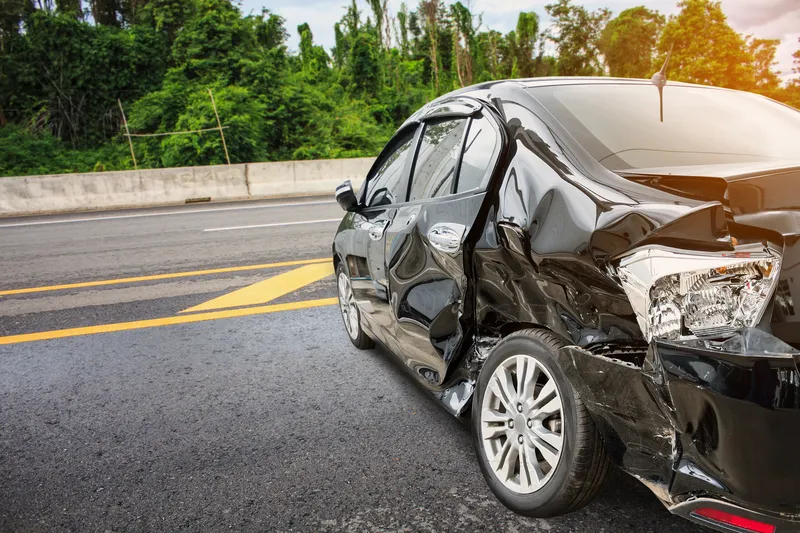Australia’s National Roads and Motorists' Association (NRMA) has praised the New South Wales (NSW) government's plan to use revenue raised by speed cameras to help boost funding for road safety programs by US$7.3 million. The new Safer Roads Program is part of the Centre for Road Safety's state-wide strategy aimed at cutting the state's road toll by thirty per cent by 2021. The additional funds will see a total of US$37.6 million a year spent on works in areas where the worst crashes are occurring, with the
April 2, 2013
Read time: 2 mins
Australia’s National Roads and Motorists' Association (NRMA) has praised the New South Wales (NSW) government's plan to use revenue raised by speed cameras to help boost funding for road safety programs by US$7.3 million.
The new Safer Roads Program is part of the Centre for Road Safety's state-wide strategy aimed at cutting the state's road toll by thirty per cent by 2021.
The additional funds will see a total of US$37.6 million a year spent on works in areas where the worst crashes are occurring, with the upgrades focusing on the safety of motorcyclists and pedestrians.
The Centre for Road Safety says that while the state's road fatalities have decreased significantly, there has only been marginal improvement in the number of people seriously injured on NSW roads. The centre's general manager, Marg Prendergast, says more needs to be done in this area.
"Between 2000 and 2009, serious injuries decreased only by 8.6 per cent, that's the real challenge for us," she said.
According to the NRMA's head of media, Peter Khoury, motorists will support the fact that the programs are being funded with speed camera revenue.
"It's exactly why we wanted the Government to set up this initiative and make sure that all the money going from fines goes back into safety, because there is no better way to ensure community confidence in the cameras and highway patrol if they can accept the fact that the money's going back into saving lives," Khoury said.
"We know that every year in NSW 6,000 people are hospitalised because of road crashes, and they're the group we really need to target."
The new Safer Roads Program is part of the Centre for Road Safety's state-wide strategy aimed at cutting the state's road toll by thirty per cent by 2021.
The additional funds will see a total of US$37.6 million a year spent on works in areas where the worst crashes are occurring, with the upgrades focusing on the safety of motorcyclists and pedestrians.
The Centre for Road Safety says that while the state's road fatalities have decreased significantly, there has only been marginal improvement in the number of people seriously injured on NSW roads. The centre's general manager, Marg Prendergast, says more needs to be done in this area.
"Between 2000 and 2009, serious injuries decreased only by 8.6 per cent, that's the real challenge for us," she said.
According to the NRMA's head of media, Peter Khoury, motorists will support the fact that the programs are being funded with speed camera revenue.
"It's exactly why we wanted the Government to set up this initiative and make sure that all the money going from fines goes back into safety, because there is no better way to ensure community confidence in the cameras and highway patrol if they can accept the fact that the money's going back into saving lives," Khoury said.
"We know that every year in NSW 6,000 people are hospitalised because of road crashes, and they're the group we really need to target."








